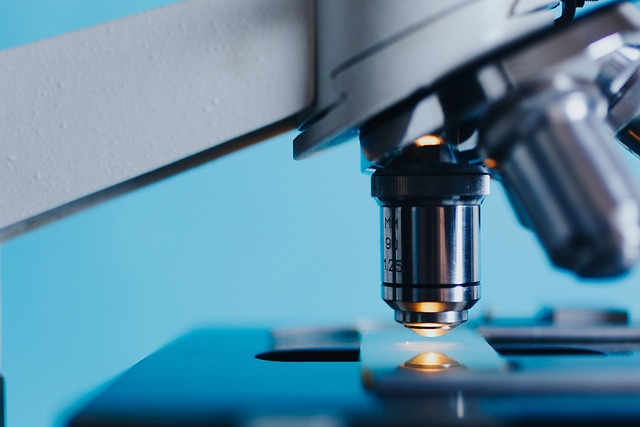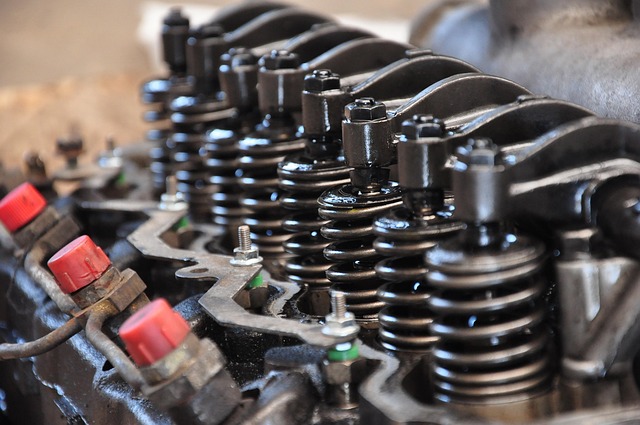
Humoral Immunity
Understanding Humoral Immunity
Humoral immunity is a crucial aspect of the immune system, primarily responsible for the body's defense against extracellular pathogens. This form of immunity is mediated by macromolecules, including antibodies, complement proteins, and certain antimicrobial peptides, which are found in the body's fluids. The term "humoral" derives from the historical concept of "humors," referring to the body fluids that were once thought to influence health and disease.
The Immune System Overview
The immune system is broadly categorized into two main components: the innate immune system and the adaptive immune system. The innate immune system serves as the first line of defense, providing immediate but non-specific responses to pathogens. In contrast, the adaptive immune system is more specialized and includes both humoral and cellular immune responses. Humoral immunity specifically involves the production of antibodies by B cells, which play a vital role in identifying and neutralizing foreign substances.
Mechanisms of Humoral Immunity
Humoral immunity encompasses several key processes:
- Antibody Production: B cells, upon activation, differentiate into plasma cells that produce antibodies. These antibodies are specific to antigens, which are unique molecules found on the surface of pathogens.
- Th2 Activation: Helper T cells, particularly Th2 cells, are crucial for activating B cells. They release cytokines that promote B cell proliferation and differentiation.
- Cytokine Production: Cytokines are signaling molecules that facilitate communication between immune cells. They play a significant role in regulating the immune response and enhancing the activity of B cells.
- Germinal Center Formation: After initial activation, B cells migrate to germinal centers within lymph nodes, where they undergo affinity maturation and isotype switching, enhancing their ability to bind to antigens.
- Memory Cell Generation: Some activated B cells become memory cells, which persist long-term and provide a quicker response upon re-exposure to the same antigen.
Importance of Humoral Immunity
Humoral immunity is essential for protecting the body against various infections, particularly those caused by bacteria and viruses. The antibodies produced can neutralize pathogens directly or mark them for destruction by other immune cells. Additionally, humoral immunity plays a significant role in vaccine responses, where exposure to a harmless form of a pathogen stimulates the immune system to produce a protective response without causing disease.
Conclusion
In summary, humoral immunity is a fundamental component of the immune system that involves the production of antibodies and the activation of various immune cells. Understanding its mechanisms and functions is crucial for appreciating how the body defends itself against infections and the development of effective vaccines.

















 Exploring Gender Diversity in Ancient Cultures
Exploring Gender Diversity in Ancient Cultures 
 Health
Health  Fitness
Fitness  Lifestyle
Lifestyle  Tech
Tech  Travel
Travel  Food
Food  Education
Education  Parenting
Parenting  Career & Work
Career & Work  Hobbies
Hobbies  Wellness
Wellness  Beauty
Beauty  Cars
Cars  Art
Art  Science
Science  Culture
Culture  Books
Books  Music
Music  Movies
Movies  Gaming
Gaming  Sports
Sports  Nature
Nature  Home & Garden
Home & Garden  Business & Finance
Business & Finance  Relationships
Relationships  Pets
Pets  Shopping
Shopping  Mindset & Inspiration
Mindset & Inspiration  Environment
Environment  Gadgets
Gadgets  Politics
Politics 